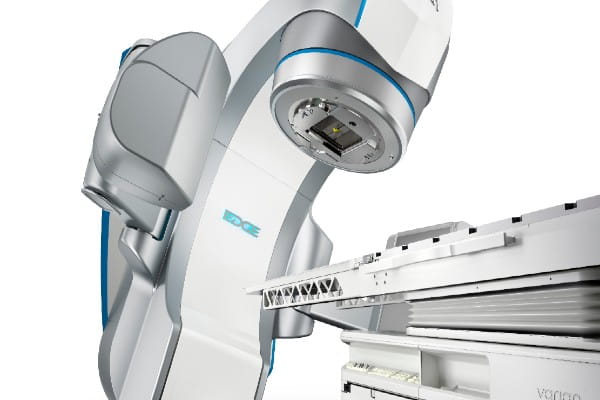Is someone you know speaking words that don’t make sense? Or struggling to understand other people’s conversations?
That person might have aphasia, a condition in which individuals struggle with or lose the ability to communicate.
“Aphasia happens after the brain is damaged in some way. It impacts a person’s ability to speak or understand spoken language,” says Dr. Jonathan Butler, M.D, Ph.D., a neurologist with Riverside Neurology Specialists.“ It can also affect the ability to read and write.”
Are there different types of aphasia?
With aphasia, there are three main patterns of skills and problems with communication.
- Expressive aphasia – With expressive aphasia, individuals have problems finding or speaking words. They may skip words altogether or speak in short, choppy sentences to describe what they need.
“For example, they might say ‘walk dog’ or ‘drink water’ when they want to take the dog for a walk or drink a glass of water,” says Dr. Butler. “They understand other people’s speech, but they have difficulty finding the right words to express their thoughts. And naturally, they get frustrated.”
- Comprehensive aphasia – People with comprehensive aphasia can often speak and think they are communicating clearly while they are actually making no sense. They may not be forming actual words at all, or they may choose random words that do not express what they’re trying to say.
- Global aphasia – Individuals with global aphasia struggle with both parts of communication. They have severe difficulty expressing their own thoughts and understanding others.
What causes aphasia?
Aphasia occurs when the portion of the brain that controls language is impacted or damaged in some way.
“Most commonly, brain damage happens during a stroke or a transient ischemic attack (TIA) when the language portion of the brain is deprived of oxygen,” says Dr. Butler.
Other conditions that can cause aphasia include:
- Head injuries
- Tumors
- Infection
- Degenerative disease, such as Alzheimer’s
Also, seizures or migraines can cause some temporary aphasia.
How is aphasia treated?
When a patient is diagnosed with aphasia, the first step is to determine the cause of the condition. Once the underlying cause is addressed, patients often work with a speech and language therapist to regain their communication skills as much as possible.
Any sudden onset of aphasia is a medical emergency
If you or someone you are with suddenly has difficulty forming words, understanding what others are saying or cannot speak at all, you should call 911 right away.
The symptoms of stroke are remembered with the phrase BE FAST, where the “S” stands for any sudden change in the ability to speak. As with any stroke symptoms, call 911 immediately to get appropriate care as soon as possible.
Related:



